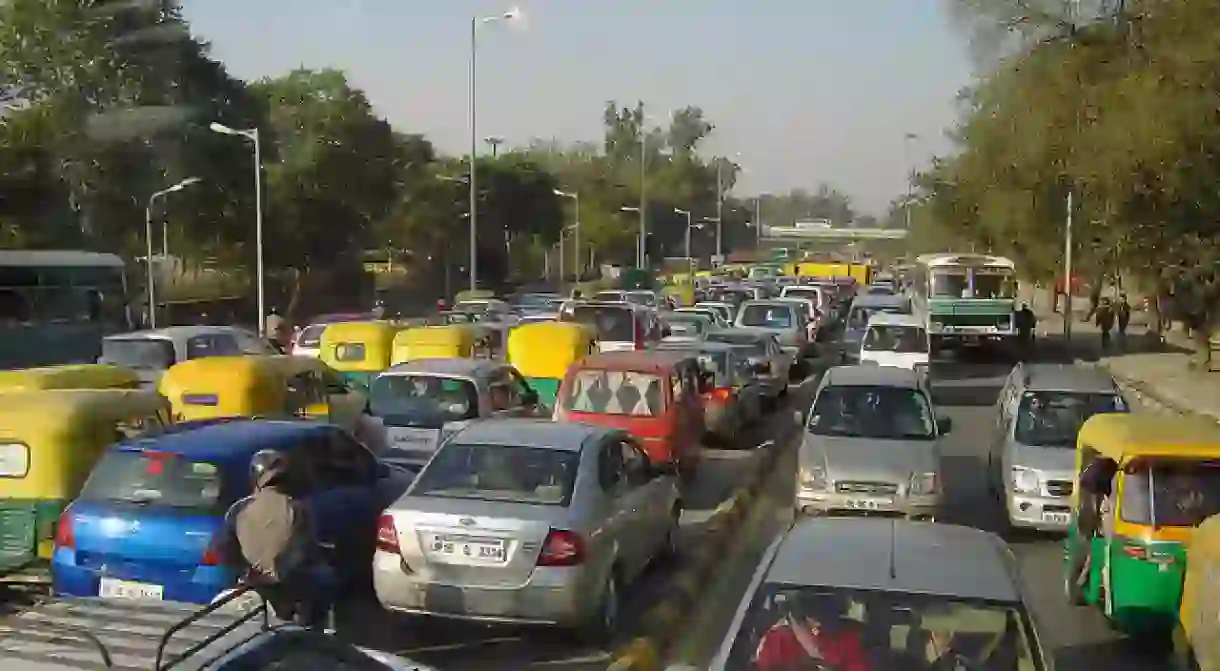India’s Transport Minister Says Country Won’t Allow Driverless Cars

More and more countries are relaxing regulations preventing self-driving cars on the roads, and many cities have already begun trials, but in India, the government has categorically ruled out any driverless cars hitting the roads in the future.
Nitin Gadkari, the transport and highways minister for India, told reporters this week that the government wouldn’t introduce any technology that could take jobs from people.
“We won’t allow driverless cars in India,” the Hindustan Times reported him saying. “I am very clear on this. We won’t allow any technology that takes away jobs. In a country where you have unemployment, you can’t have a technology that ends up taking people’s jobs.”
Gadkari did say the country is facing a shortage of around 22,000 commercial drivers, which makes it confusing that he would instantly dismiss a technology with the potential to fill those positions instantly.
The minister’s comments may be disappointing to some of the companies inside India developing self-driving technology. The likes of Tata Group and Mahindra Group are said to have projects underway, although on private tracks rather than out on the streets.
India’s attitude to automated vehicles is the opposite to the approach taken by countries like Singapore, where the government has sought to take the lead in self-driving tech. In September 2016 the country launched the world’s first self-driving taxi. NuTonomy, an MIT spin off, and Grab, the Uber equivalent in the region, announced a partnership where customers could hail a driverless car.
Uber has also put driverless cars on the roads in the U.S., and in May, Germany announced new laws which would allow self-driving cars to be tested on its roads, following the lead of other European countries such as France.













